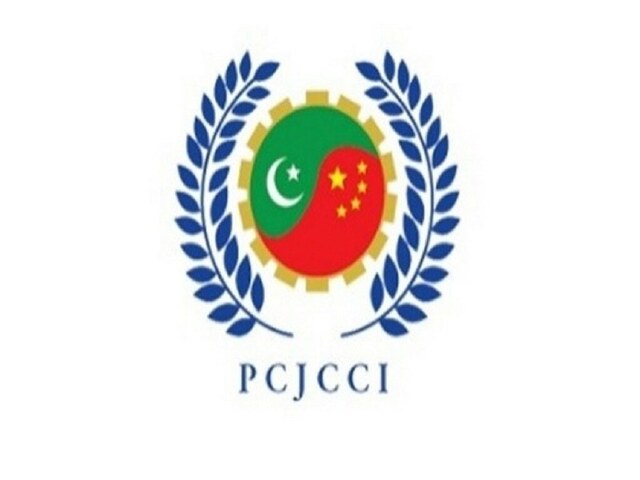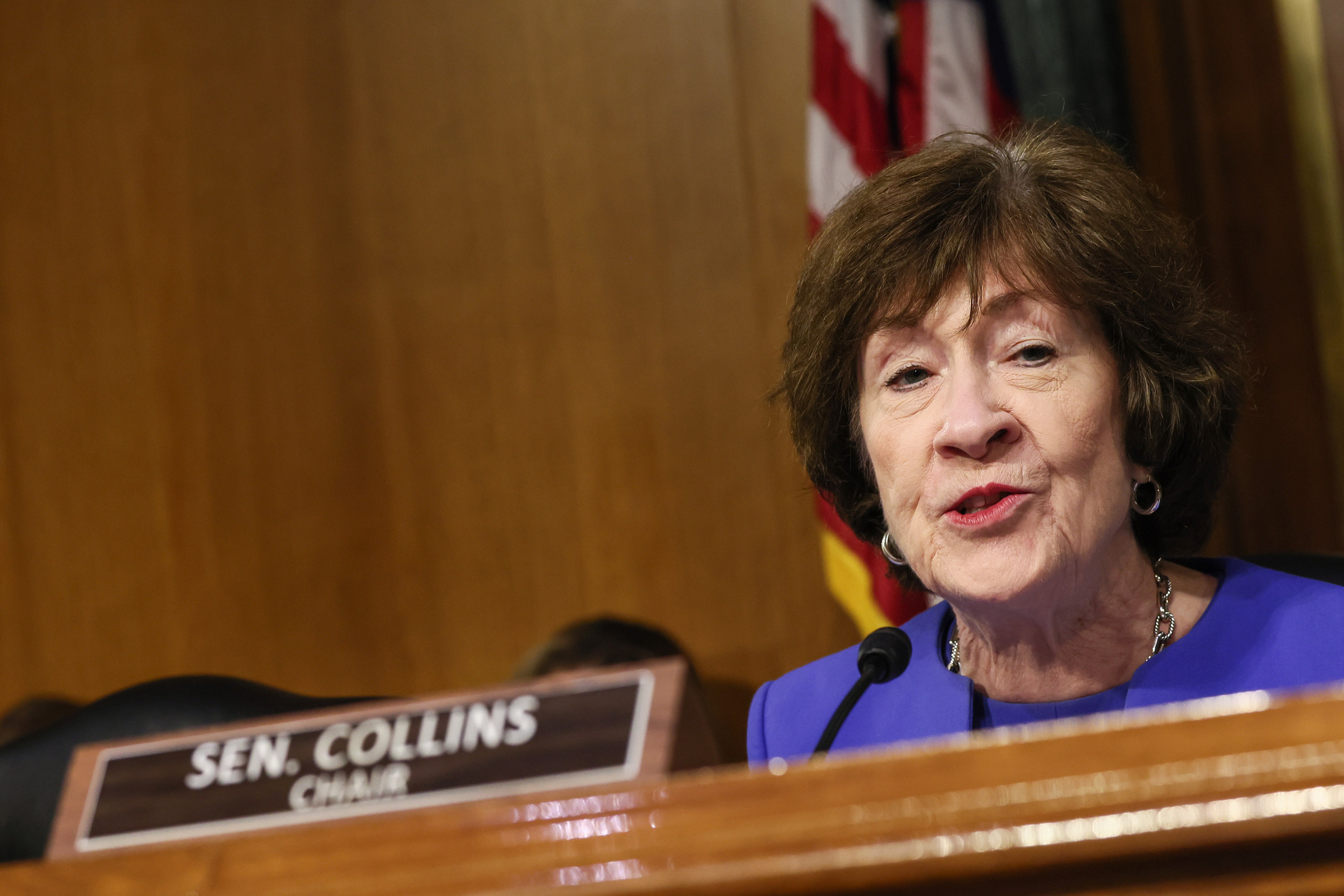By Recorder Report
Copyright brecorder

LAHORE: Pakistan-China Joint Chamber of Commerce and Industry (PCJCCI) has strongly commended the signing of three transformative Memorandums of Understanding (MoUs) between Pakistan and China, focusing on agriculture, education, and green development.
Nazir Hussain, President PCJCCI said that these strategic agreements, signed during high-level bilateral engagements, are expected to initiate collaborative projects that will not only enhance the economic partnership between the two countries but also pave the way for substantial job creation, skills development, and sustainable economic growth in Pakistan.
Nazir Hussain, President PCJCCI stated that these MoUs reflect the strong and growing relationship between Pakistan and China, and represent a shift toward people-centric and sustainable development under the broader framework of the China-Pakistan Economic Corridor (CPEC).
He emphasised that these agreements would bring advanced Chinese technologies, educational expertise, and green solutions to Pakistan, leading to a transformation in several key sectors of the economy. He also highlighted that with over 60 percent of Pakistan’s population under the age of 30, such initiatives are vital for inclusive development. The MoUs are in line with Pakistan’s Vision 2025 and demonstrate a clear commitment to empowering the youth, uplifting marginalised regions, and creating employment-led economic growth. They also represent a strategic evolution of CPEC from infrastructure-focused projects to people-centered development.
Khalid Rafique Ch, EC Member PCJCCI said that the MoU on agriculture will facilitate the modernisation of Pakistan’s farming sector through the introduction of smart farming technologies, improved irrigation systems, and efficient resource management. This will lead to enhanced productivity and the expansion of agribusinesses. As new opportunities emerge in areas such as food processing, packaging, logistics, and agricultural exports, thousands of jobs are expected to be created, particularly in rural regions. Demonstration farms, training centers, and collaborative research initiatives will also generate employment for technical experts, agronomists, and skilled labor.
Zafar Iqbal, Vice President PCJCCI said that these are expected to play a significant role in developing human capital. Increased academic exchanges, scholarships, joint degree programmes, and technical training partnerships will provide Pakistani students and professionals with access to quality education and emerging technologies. This will directly contribute to the growth of employment in the education, IT, engineering, and research sectors. Additionally, vocational and technical training programs aligned with industry demands will equip youth with employable skills, helping to reduce unemployment and prepare a future-ready workforce.
Salahuddin Hanif, Secretary General PCJCCI stated that it will continue to play an active role in facilitating dialogue, promoting business collaboration, and supporting the successful implementation of these MoUs. The chamber believes these agreements have the potential to reshape Pakistan’s economic landscape and bring tangible benefits to its citizens through job creation, skill enhancement, and sustainable prosperity.
Copyright Business Recorder, 2025



